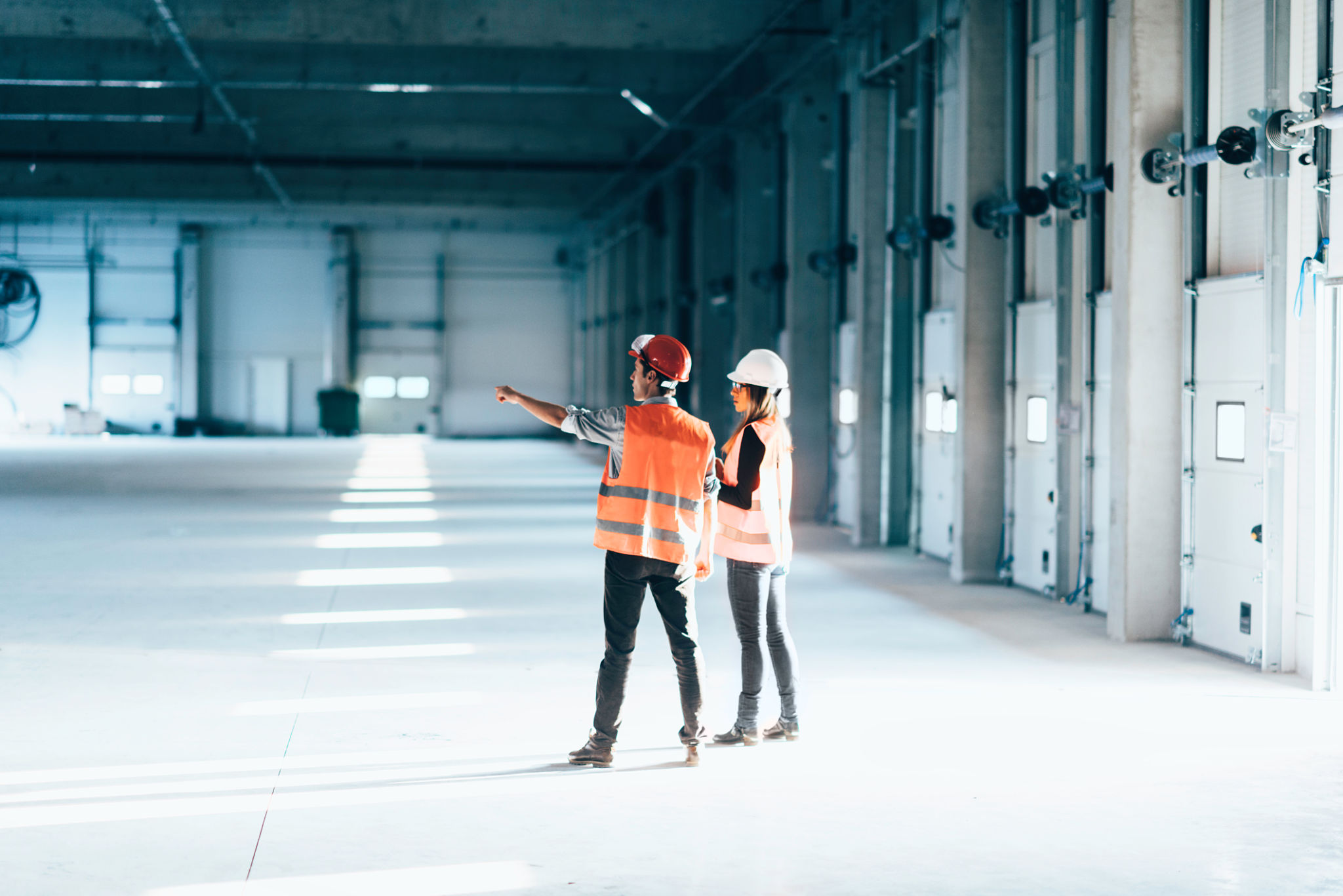Navigating SB 4-D Compliance: What Florida High-Rise Owners Need to Know
Understanding SB 4-D Compliance
Florida's high-rise building owners are facing new regulatory challenges with the introduction of SB 4-D, a significant piece of legislation aimed at enhancing building safety and structural integrity. As a property owner, understanding the nuances of this law is crucial to ensure your buildings remain compliant and safe for occupants. This blog post will guide you through the key elements of SB 4-D and what it means for your responsibilities.

What is SB 4-D?
SB 4-D is a legislative response to address concerns about the structural safety of high-rise buildings in Florida, particularly in the aftermath of tragic building collapses. It mandates regular inspections and the implementation of necessary repairs or improvements to maintain structural soundness. The law applies specifically to condominiums and cooperative buildings that are three stories or taller.
Mandatory Inspections
One of the core components of SB 4-D is the requirement for mandatory building inspections. These inspections must be conducted by licensed engineers or architects to assess the structural integrity and safety of the building. High-rise owners must schedule these inspections regularly, ensuring that any potential issues are identified and addressed promptly.

Timeline for Compliance
The timeline for compliance under SB 4-D is structured to provide owners with sufficient time to conduct inspections and undertake necessary repairs. Buildings older than 30 years need to be inspected within two years from the enactment of the bill, while those within three miles of the coastline have a tighter schedule. Subsequent inspections are required every ten years to ensure ongoing compliance.
Comprehensive Reporting
Following each inspection, a detailed report must be submitted, outlining the findings and any recommended actions. This report serves as a critical document for demonstrating compliance and ensuring transparency with residents and regulatory bodies. Building owners must maintain these reports and make them accessible upon request.

Financial Implications
Compliance with SB 4-D may involve financial considerations, as inspections and potential repairs can be costly. It's essential for building owners to budget accordingly and explore financing options if necessary. Proactively addressing potential issues can prevent more significant expenses down the line, safeguarding both the property and its occupants.
The Role of Property Management
For many high-rise owners, partnering with a professional property management firm can be invaluable in navigating SB 4-D compliance. These experts can coordinate inspections, manage repairs, and ensure that all legal obligations are met efficiently. Their knowledge and experience can help streamline the compliance process, reducing stress for property owners.
Conclusion: Ensuring Safety and Compliance
Ultimately, SB 4-D is about prioritizing safety and ensuring that Florida's high-rise buildings are structurally sound. By understanding and adhering to these regulations, building owners can protect their investments while providing a safe environment for residents. Staying informed and proactive will be key in successfully navigating these new requirements.
